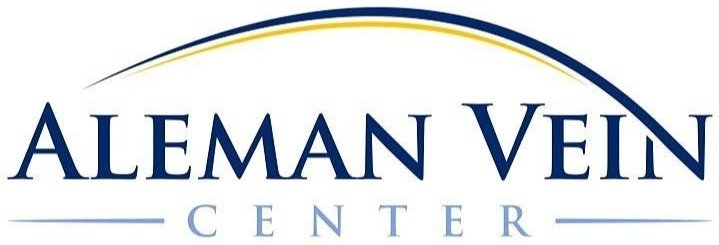Why Do We Get Varicose Veins
They are caused by a condition called venous insufficiency, which means that the valves inside the veins that are responsible for preventing blood from flowing backward do not function properly. This causes blood to pool in the veins, which can cause them to bulge and become distorted.
There are several factors that can increase the likelihood of developing varicose veins. These include:
1. Genetics: If other members of your family have varicose veins, you may be more likely to develop them as well.
2. Age: As we age, the valves in our veins can become weaker, making it more difficult for them to pump blood back to the heart.
3. Gender: Women are more likely than men to develop varicose veins, partly because of hormonal changes that occur during pregnancy and menopause. Varicose veins and spider veins frequently begin during a woman’s first pregnancy and worsen during subsequent pregnancies. Yes, plenty of men still get varicose veins.
4. Obesity: Being overweight or obese puts extra pressure on the veins in your legs, which can contribute to the development of varicose veins. Even though obesity is a risk factor, thin people do still get varicose veins.
5. Standing or sitting for long periods: Jobs that require prolonged periods of standing or sitting can increase the risk of varicose veins by putting pressure on the veins in the legs.
6. Injury or trauma: Injuries to the legs or feet can damage the veins and increase the risk of developing varicose veins.
7. Lifestyle factors: Smoking, a lack of exercise, and a diet high in salt can all contribute to the development of varicose veins.
Overall, the exact cause of varicose veins can be complex and multifactorial, and can vary from person to person. If you are concerned about varicose veins, you should be seen by a physician that specializes in vein care and fully dedicates their practice to treating vein problems like Aleman Vein Center.

